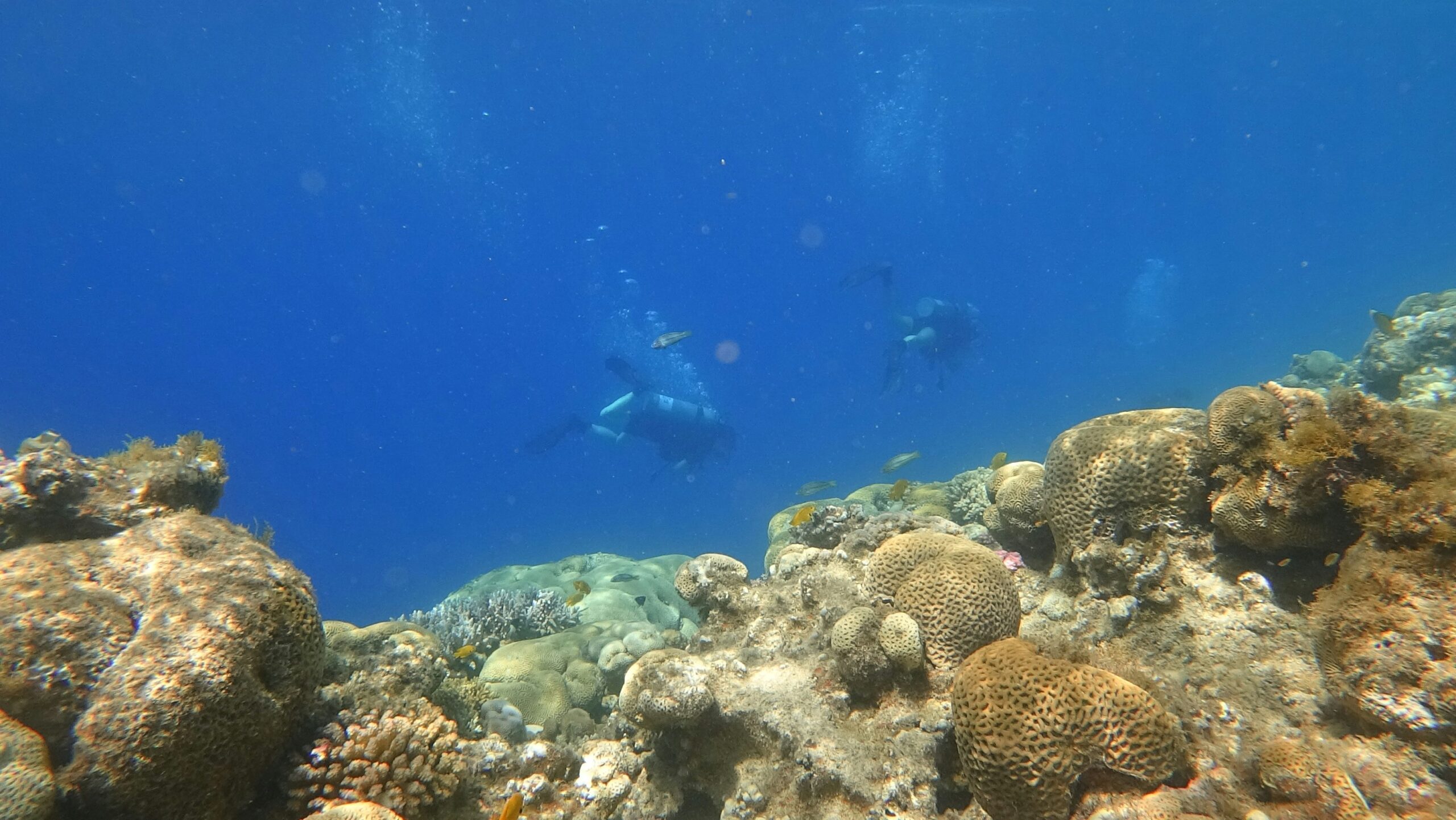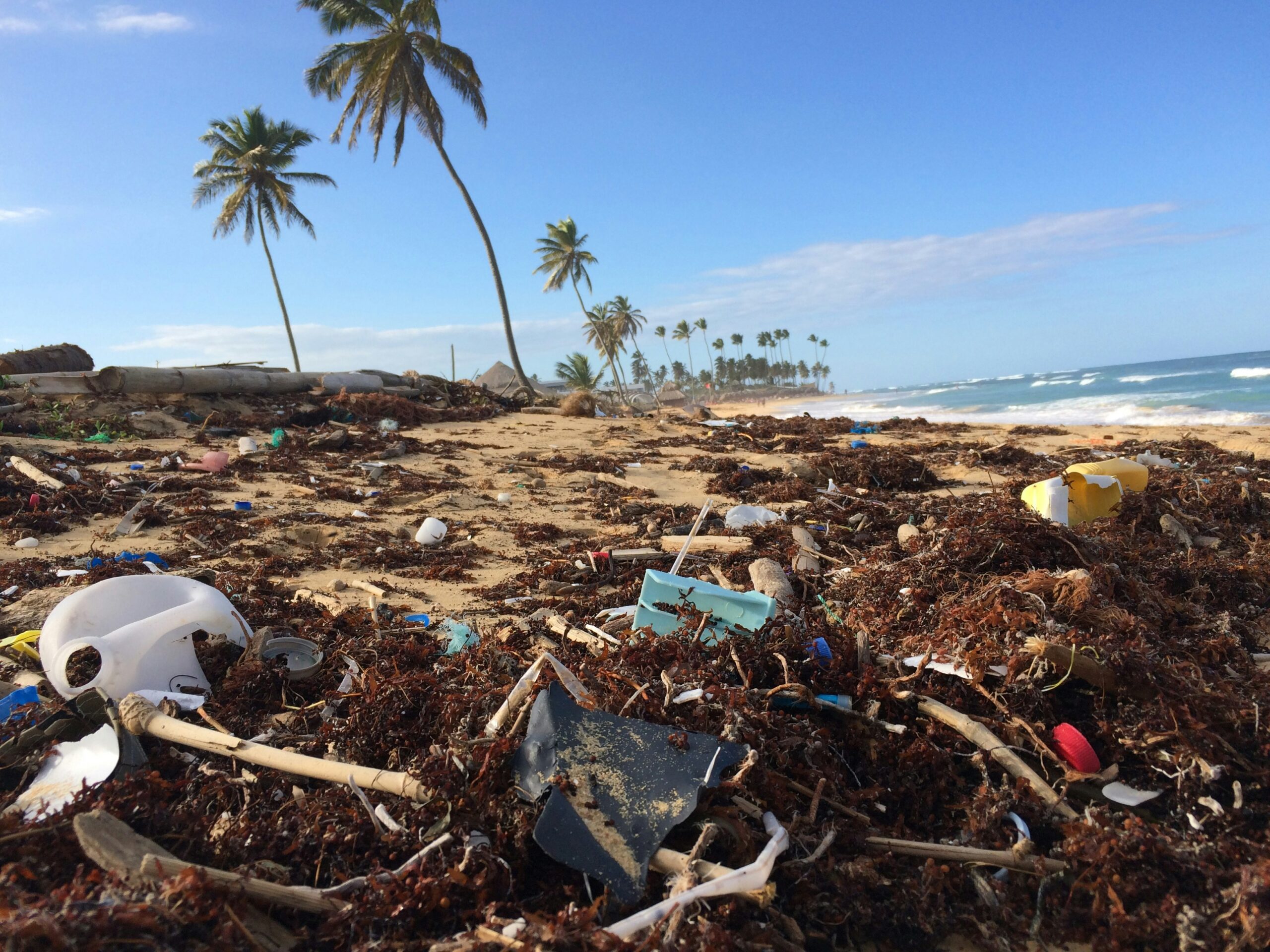Update — 5 Min Read
I’m Afraid of No Ghosts …
5 Min Read
I’m Afraid of No Ghosts …
Really? There are ghosts that are
scarier than others.
To a marine turtle, ghost gear is a real terror.
Ghost gear
Fishing is a staple for many economies across the world and a necessity for the human diet. Unfortunately, as with anything in this world, upsetting the balance can lead to adverse effects on the environment.
“Ghost gear” is the term used to refer to fishing equipment that got lost or discarded in the sea, leaving aquatic organisms vulnerable to getting caught in it or injured by it. This is a story about the future of our oceans…
Why you should be afraid of them ghosts
Estimates pin ghost gear as comprising no less than 10% of marine litter worldwide. What makes the threat of ghost gear especially concerning is that it affects target and non-target species alike, over 90% of which of commercial value, and is considered the most lethal form of marine litter.
Case in point: it is thanks to abandoned gillnets that only 10 living specimens remain of Phocoena sinus, the smallest species of porpoise that is endemic to the Upper Gulf of California. And this is despite the World Wildlife Fund’s removing over 62 million tonnes of it!
And it doesn’t stop there. It isn’t just a direct threat to marine life, it can also disrupt their sense of direction and damages habitats such as coral reefs and mangroves. Mariners are put at risk too and ruining the natural beauty of the oceans can turn off potential tourists. Ghost gear made of plastic is an even greater concern as it takes many decades to degrade and can then degrade into microplastics that continue littering our seas. And microplastics, as discussed in a previous post, present a whole other array of threats to marine life and humans!
There is still hope …
In 2015, an initiative comprising over 100 entities banded together called the Global Ghost Gear Initiative (GGGI), dedicated to tackling issues presented by ghost gear on an international level.
Prevention will always be the more favourable option to reversal. That is why the World Wildlife Fund established a programme in India dedicated to educating fishing communities about the threats ghost gear poses to sea turtles and creating incentives to returning worn-out gear.
Imposing more consistent and effective legal restrictions and regulations regarding end-of-life fishing gear and inventing efficient means for their disposal are also necessary.
This is indeed one of the goals of the UN-led Global Plastics Treaty that has been in the making for many years.
Nets made from what?
Other nongovernmental organisations have been getting busy attempting to combat the threat of ghost gear, one such organisation being Żibel (whom you must be familiar with by now!).
Introducing Project Xibka: Żibel’s response to Abandoned, Lost and otherwise Discarded Fishing Gear (ALDFG) across the Maltese islands. The aims of this project are to raise awareness about the environmental impacts of ghost gear, motivate reduction and reuse of these materials and to unite stakeholders behind a common goal.
Also contributing to tackling this problem are the Underwater Cultural Heritage Unit (UCHU) at Heritage Malta alongside German company Bracenet. This initiative was sprung amidst reports of ghost gear on historic wreck sites in 2020. Recovered nets were thus sent to Germany to be upcycled into bracelets, which are now sold in various Heritage Malta sites around the islands.
Now if you want to get really innovative, let us take a trip to London, where Studio Sanne Visser, responsible for the KNOT project, is based. KNOT’s goal is to kill two birds with one stone; addressing the need for sustainable solutions within fishing gear industry whilst also dealing with waste from human hair.
The way it works is to use human hair as a material for a replica to rope, matching it in style and thickness. This makes for a sustainable product made entirely of natural materials that degrade easily and are therefore not an environmental threat.
Make sure you know who to call!
This is what you as a citizen can do to make a difference:
Call on your Members of Parliament to push forward legislation in favour of ghost gear mitigation and a binding global treaty on marine plastic pollution; dare fishing gear industries to demonstrate leadership in tackling these issues and report ghost gear to the competent authorities whenever you spot it!
One person alone can’t change the world but there is a lot we can do if we understand that we’re all in this together!
By Denzel Lanzon, for Esplora








